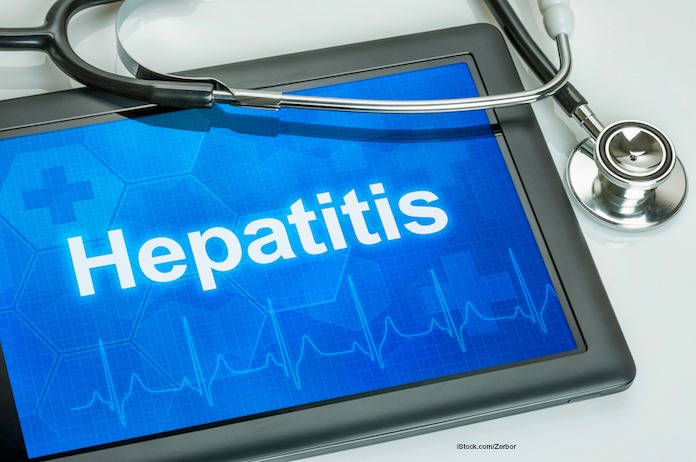According to the San Diego County Health and Human Services Agency, there is a spike in hepatitis A cases in the area. Forty-two cases have been reported in the area since November 2016. That is more than four times the monthly average that is typically reported.

Thirty-six people have been hospitalized, and two people died from their illness. Twenty-three of those sickened are men. The patient age range is from 26 to 782 years, with an average age of 42 years. Twenty-nine of those patients have a history of substance abuse, and 27 are homeless. Five of the patients got sick after they traveled out of the country.
Public health officials have not identified a common source of the infection. Dr. Wilma Wooten, the County public health officer said in a statement, “The County is working closely with the local health community to increase outreach to vulnerable populations to raise awareness and promote hepatitis A vaccination. Those at risk are urged to talk to their health care providers and get vaccinated for hepatitis A.”
This virus is very contagious, and can be spread through contaminated food and drink or contact with a contaminated surface. The hepatitis A virus is spread through feces. If a person who is sick doesn’t wash their hands well after using the bathroom, they can spread the illness.
The symptoms of hepatitis A include jaundice (yellowing of the eyes and skin), fever, fatigue, loss of appetite, nausea, vomiting, abdominal pain, light or clay-colored stools, and dark urine. The symptoms can begin two weeks to 50 days after infection. Some people may not have any symptoms at all, but can make others ill. And unfortunately, patients are contagious two weeks before they start exhibiting symptoms.
Most people are sick for a few weeks, but some can feel ill for up to six months. Anyone with liver disease can die after contracting this infection.
The risk factors for contracting hepatitis A include living with or having sexual contact with someone who is sick, or sharing injection or non-injection illegal drugs with an infected person.
This illness is easily preventable with a hepatitis A vaccination. If you have been exposed to the virus, there is a two week window where a vaccine will prevent the disease. The vaccine is available at some pharmacies and at doctor’s offices and clinics. A County public health center can vaccinate anyone who is uninsured.




